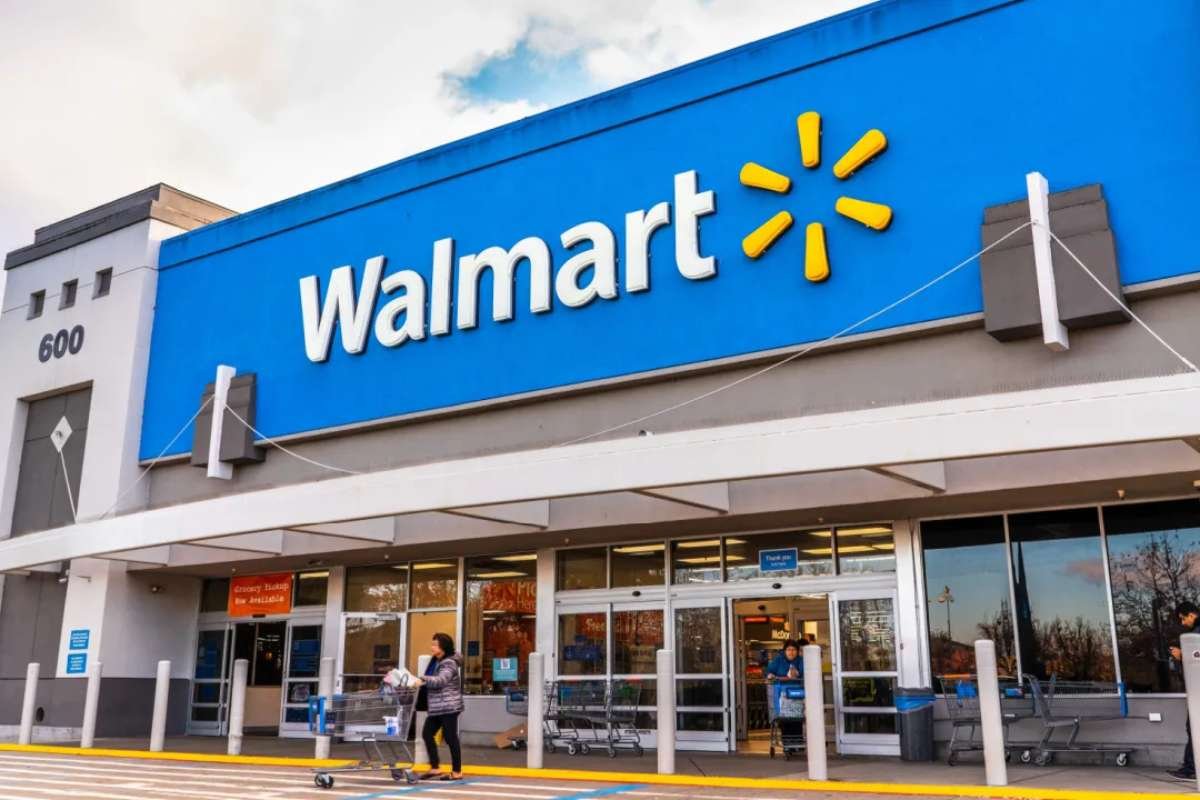Key Points:
- Yucaipa plans $1.8B buyout to refocus Soho House on long-term growth.
- PE targets value in Soho House’s physical-digital membership model.
- Maintaining exclusivity amid tech expansion is crucial for brand integrity.
In the latest shake-up within the lifestyle and hospitality sector, Ron Burkle’s Yucaipa Companies, alongside a consortium of investors, has proposed a $1.8 billion buyout of Soho House & Co.. The deal, priced at $9 per share, a 22% premium over its recent closing price, underscores how private equity (PE) firms are leaning into hybrid physical-digital membership models to sustain growth in premium lifestyle brands. If successful, Soho House would transition from a publicly traded entity back to private ownership, a move designed to ease quarterly performance pressures while prioritizing long-term investments.
A Premium Brand at a Crossroads
Founded in 1995 in London, Soho House has grown into a global brand with 46 locations and over 270,000 members. Known for its curated exclusivity and cultural cachet, the company entered public markets in 2021 with a $2.8 billion valuation. However, by 2025, its stock price had fallen by nearly half, reflecting investor skepticism about profitability amid expansion costs and intensifying competition in the premium hospitality space.
The take-private bid comes on the heels of a modest financial turnaround. Soho House recently reported consecutive quarters of profitability for the first time in its history, fueled by growing membership, wellness programs, dining revenue, and co-working initiatives. This recovery has made it attractive for PE firms seeking to capitalize on the hybrid membership model that blends physical clubhouses with digital platforms for community engagement, event access, and AI-driven personalization.
Private Equity’s Long-Term Play
Yucaipa’s buyout, backed by $700 million in financing from Apollo Global Management, reflects a broader private equity strategy: shift luxury lifestyle brands out of the public spotlight to focus on reinvestment and growth without short-term shareholder pressure. By repricing Soho House at $9 per share, the consortium acknowledges its reduced market value while positioning the brand for operational re-engineering.
For Burkle and partners, the opportunity lies in enhancing Soho House’s hybrid model. Digital platforms, app-based membership management, and virtual programming can complement its physical spaces, broadening appeal to younger, tech-oriented members while maintaining the brand’s heritage of exclusivity.
The Exclusivity Paradox
A central challenge, however, is Soho House’s reliance on cultural cachet and exclusivity. The brand thrives on scarcity and member selectivity, qualities that could be diluted by aggressive PE-driven scaling. Recent pauses in new membership applications in key cities and investments in premium upgrades, such as London’s Mews House, suggest management’s awareness of this risk.
The tension is clear: expanding digital experiences like AR-enhanced events and virtual wellness programs can attract new audiences, but too much accessibility may erode the appeal of being “inside” Soho House. Striking the balance between innovation and exclusivity will determine whether private ownership enhances or undermines long-term value.
Brand Experience as an Asset
Consumer preferences in the post-pandemic era increasingly reflect “conscious hedonism”—the desire for indulgence aligned with personal values such as sustainability and authenticity. Soho House’s ability to deliver immersive, ethically resonant experiences could reinforce its premium positioning. Moves into wellness and co-working spaces highlight diversification strategies that not only carry higher margins but also align with evolving lifestyle trends.
Private equity’s involvement provides capital for scale but also demands efficiency and returns. Maintaining brand authenticity while meeting investor expectations will be the defining challenge. For Soho House, culture itself is an asset—a resource as valuable as its real estate footprint or digital platforms.
Investor Outlook
For investors, this buyout serves as a bellwether for PE’s role in lifestyle brands. Three factors will shape the outcome:
- Governance Scrutiny – Oversight of conflicts of interest and deal structure will influence confidence.
- Cultural Preservation – Soho House must innovate without losing its exclusivity.
- Hybrid Execution – Digital expansion must enhance rather than replace the in-person club experience.
If successful, Soho House could set a precedent for how PE firms integrate technology into legacy lifestyle brands without sacrificing identity. However, the risks of brand dilution and execution missteps remain significant.
Ultimately, the deal is a test case: can private equity create long-term value in a sector where intangible cultural capital is as important as financial returns? For investors, the Soho House story is a reminder that in the hybrid era, sustained success lies in treating brand experience as the cornerstone of valuation.


















